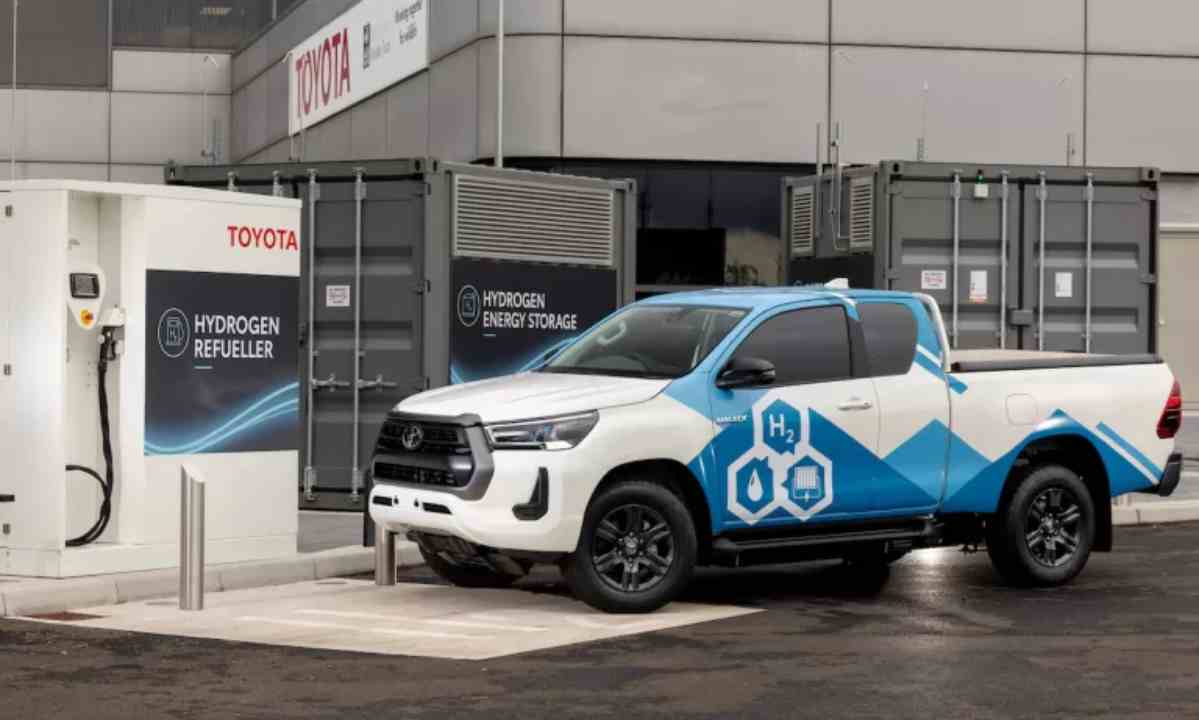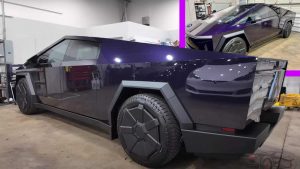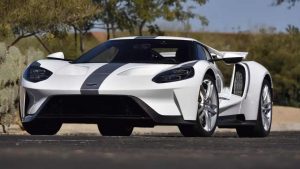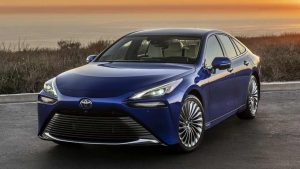Toyota’s hydrogen-powered Hilux originates in South Africa

South African origin
The hydrogen-powered Hilux, recently unveiled by Toyota UK, has its origins in South Africa, where 10 prototypes were initially produced for development purposes. These prototypes were assembled at Toyota’s Prospecton Plant in South Africa and later underwent rigorous testing.
Collaboration with the UK
Toyota South Africa Motors supported Toyota UK with the base vehicle, making some minor customizations and providing assistance during the conversion and engineering phase of the project. Once the project reached the production phase, consideration for importing the hydrogen Hilux to South Africa became a possibility.
Market dependence
The potential introduction of the hydrogen Hilux to South Africa is market-dependent. It hinges on the development and growth of the hydrogen ecosystem in the country, with major players like Sasol and Air Products playing a crucial role. Toyota is committed to the project, having subjected the hydrogen Hilux models to extensive testing, including crash tests and customer drives.
Cost benefits of hydrogen
Hydrogen offers significant cost benefits, particularly in terms of operating and maintenance costs. One kilogram of hydrogen is equivalent to 7.5 kilograms of fuel in terms of energy. If the price of hydrogen can be brought below $2 per kilogram, it could result in a cost as low as R39 or R40 per kilogram for hydrogen, allowing vehicles to cover 100 kilometers on that amount.
Cost comparison
Comparatively, at the current fuel prices in South Africa, a diesel-powered double cab Hilux with an average fuel consumption of 7.3 L/100 km would cost over R180 to travel the same distance. This presents a significant cost reduction opportunity for fleet owners operating light to heavy commercial vehicles.





